Gachagua Embarks on US Tour to Rally Diaspora Support Ahead of 2027 Kenyan Elections
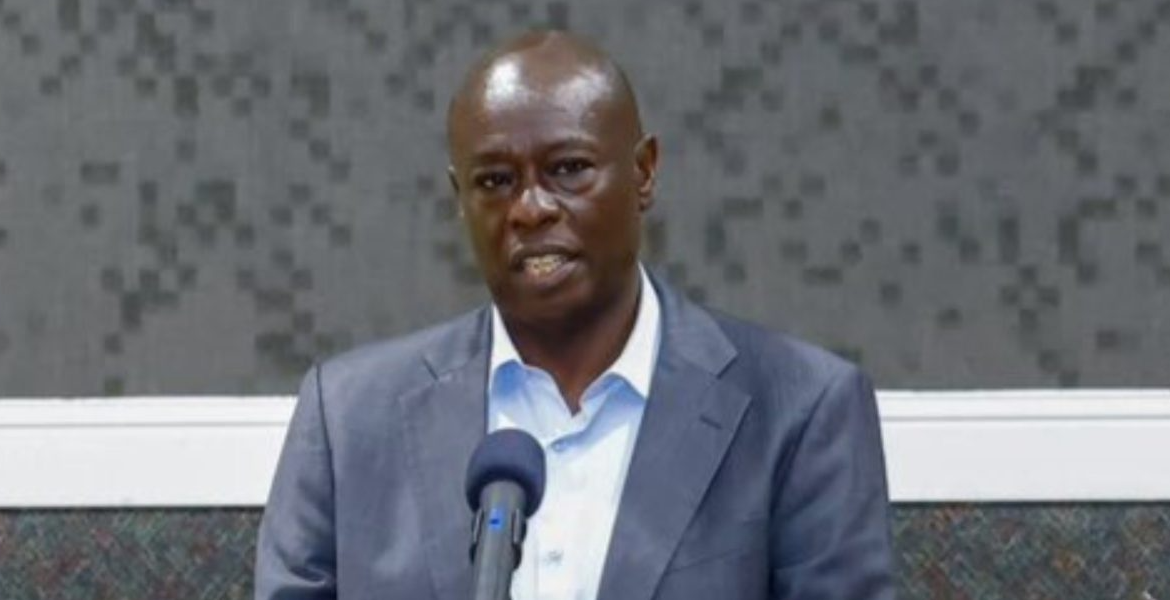
Former Deputy President Rigathi Gachagua has commenced a two-month tour of the United States, targeting the Kenyan diaspora in a strategic bid to reinvigorate his political standing ahead of the 2027 general elections.
The tour, which began with a prominent meeting in Seattle, Washington, marks Gachagua’s first international mission since leaving office in late 2024 and coincides with the launch of his newly-formed Democracy for Citizens Party (DCP).
In Seattle, Gachagua characterised his interactions with Kenyans living abroad as both "engaging and fruitful," underscoring the importance of diaspora perspectives in defining his reformist political platform. He emphasised that these open dialogues have strengthened his resolve to advocate for political renewal.
The DCP’s emergence introduces a new element into Kenya’s evolving political landscape, with Gachagua positioning himself as a conduit for the growing public dissatisfaction with governance, economic policy, and institutional accountability. During his address, he highlighted the depth of concern among Kenyans overseas, citing issues such as national debt, economic hardship, and a perceived disconnect between government actions and the needs of its citizens.
“I am deeply concerned by the pain every Kenyan in every corner of the world has on the direction our beloved nation is taking,” he said, adding that such concerns served as a catalyst for his renewed political vision.
These remarks are part of a broader strategy to reinvent himself as a populist advocate, utilising his previous government experience while seeking credibility at both the grassroots and diaspora levels. Accompanied by his wife, Pastor Dorcas Rigathi, the former deputy president intends to extend his outreach through a series of town hall meetings and informal gatherings across several US cities, including Dallas, California, Boston, and Baltimore.
Gachagua’s re-emergence aligns with a broader trend among Kenyan political figures who are increasingly engaging with citizens living abroad. In recent months, governors, members of parliament, and former cabinet officials have undertaken overseas visits, recognising the diaspora’s dual influence: its financial contributions to the national economy and its increasing political assertiveness.
The United States, home to a significant and politically active Kenyan population, has become a focal point in this outreach. The diaspora’s role in shaping public discourse and contributing remittances has given it considerable leverage, prompting politicians to incorporate its concerns into their electoral strategies. For Gachagua, this segment represents a critical opportunity—not only for securing votes, but also for gaining ideological validation and mobilising resources.
His tour follows a turbulent period in Kenyan politics that culminated in his removal from office, reportedly due to persistent internal conflicts within the governing coalition. Since then, he has reconstructed his public image to opposition advocacy. The establishment of the DCP represents a deliberate move to institutionalise his platform, providing him with a political instrument for expressing dissent and garnering support.
Political analysts suggest that while Gachagua’s initiative is ambitious, its success hinges largely on his ability to translate diaspora support into domestic influence. Kenya’s diaspora is a vital economic force, contributing significantly through remittances, investments, and entrepreneurial activities. These financial flows not only support individual families but also bolster the nation’s economy, providing a crucial source of foreign exchange.
The diaspora’s economic influence has garnered increased attention from politicians seeking to tap into this resource pool for political campaigns and development initiatives. Moreover, the diaspora plays an increasingly important role in shaping public discourse through social media, online forums, and direct engagement with Kenyan media outlets. This increased connectivity allows them to voice their opinions on national issues, influence policy debates, and hold political leaders accountable.

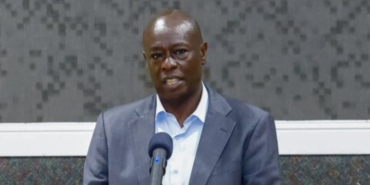
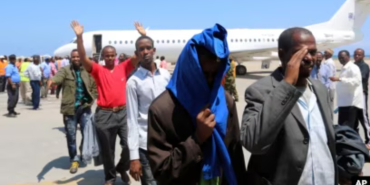



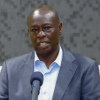
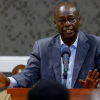
Add new comment